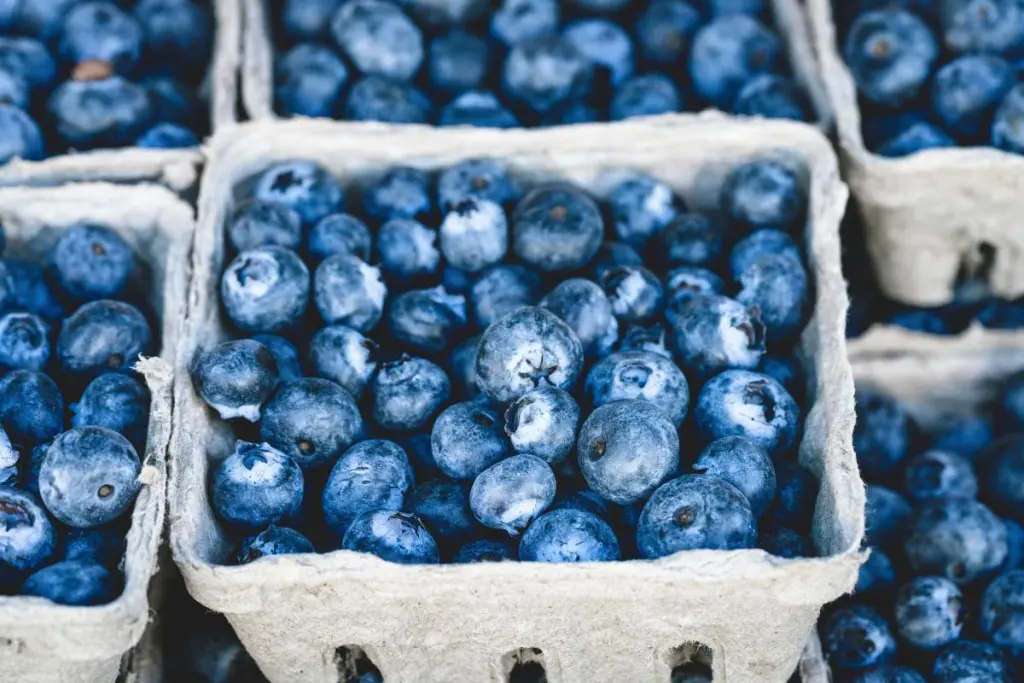New momentum for raspberry crops in Chile. The country, after several years of decline, has seen new growth in the past two years, with an estimated area of about 5,000 hectares set to grow.
In 2007, the Andean country was the third largest exporter of raspberries, producing 12,000 hectares. However, due to rising transportation costs, market entry of other countries and labor shortages, the cultivated area has decreased.
Nevertheless, according to Simfruit, there has been a recovery in the past two seasons, thanks to better prices and the application of new technologies. Currently, the area is estimated at about 5,000 hectares and the trend is growing.

This is also due to the public-private breeding program initiated in 2009 by the Fruit Technology Consortium and the Catholic University of Chile and Corfo, which aims for new and improved raspberry varieties to replace Heritage. Santa Clara, Santa Catalina and Santa Teresa are of the remontant, very high-yielding type and are now used in a variety of environments.

The selection protocols are designed to help effectively distinguish biotic and abiotic stress tolerance traits, particularly tolerance to Phytopthora and Tetranichus urticae, as well as water stress and high temperature. As a result, four new selections from the "Santa" group were recently released. They are undergoing varietal registration and will be marketed nationally and internationally in the coming months.
Source: Fruchthandel
Fruchthandel is part of the NCX Media network







